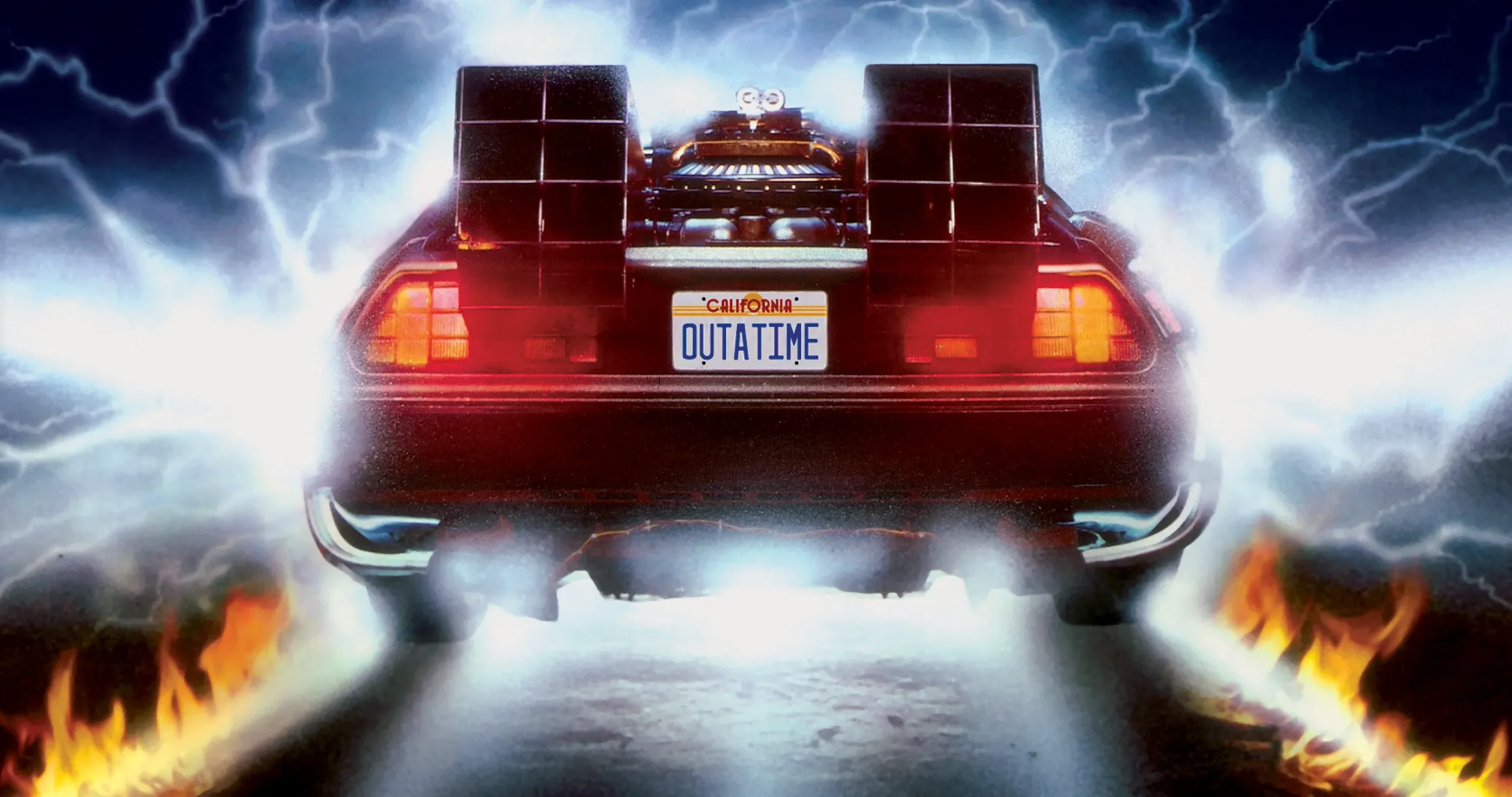The Bowie Show, UK Tour Review
Written by Franco Milazzo Theatre and Tonic
Disclaimer: Gifted tickets in exchange for an honest review
Opening a new era for the Golders Green Hippodrome, The Bowie Show presents a spectacle that brings together various aspects that made the artist unique: his music obviously, but also fashion, visuals and an artistic vision which was always several steps ahead of his contemporaries.
The venue has a grand history having originally served as a music hall a century ago before soon after becoming a theatre holding around 1,500 people. Legendary actors Laurence Olivier and Marlene Dietrich trod its boards as did comedians like Chico Marx and Arthur Askey and musicians Django Rheinhart and Stéphane Grappelli. The BBC arrived in 1969 after the building had been turned into a concert hall and this ushered in a period where bands including Queen, AC/DC and Roxy Music turned up to record sessions for seminal DJ John Peel.
The present owners are the controversial Hillsong Church based in Australia. Quite what the bisexual Bowie would have thought of the organisation’s leaders’ long standing opposition to what they call “the gay lifestyle” is unknown. His thoughts on his back catalogue’s latest outing, though, would be far more interesting given its wildly creative take from co-producers John Dalston (a collaborator with Derren Brown for his live shows) and creative director Simon Gwilliam.
The production is something of a family affair with Gwilliam joined by his younger brother Billy who designed the vivid visuals and their mother vintage emporium owner Sheila who has supplied some of the evocative costumes. There’s no skimping when it comes to the rest of the cast: three singers (Sian Crowe, Greg Oliver and Elliot Rose), an eight-strong crew of dancers featuring and choreographed by the Australian movement director Sophie Quay and a five-piece band led by Alex Turney.
Simon has pulled out twenty-seven tracks from across the Brixton-born singer’s career, skipping the formative first five years before diving into opener Space Oddity. All the important periods are covered to some extent starting with the Thin White Duke all the way up to his cancer-stricken days recording what he knew would be his final album Lazarus. There’s no rendition of The Laughing Gnome (a particularly egregious omission considering how little it was heard live while Bowie was with us) and only one of his collaborations (Under Pressure). Side projects like Tin Machine are swerved as are (with the exception of Absolute Beginners) the songs he wrote for film and TV. It’s a greatest hits package with no deep cuts but plenty to keep the faithful rocking away in their seats.
For the most part, the singers take individual turns and bring their different personalities and abilities to the fore. Crowe has the most nuanced voice, bringing out the underlying anguish in songs like Space Oddity and Rock ‘n’ Roll Suicide when not roaring elsewhere with a Janis Joplin-like rawness. Rose has a powerful instrument but sounds the least like the great man himself (he’s more used to playing Freddie Mercury) while Oliver is the closest in terms of imitation with his intense vocals, lanky posture and subtle mannerisms.
The Hippodrome isn’t quite there yet as a musical venue with generally poor-to-average acoustics and a relatively simple audiovisual setup for a venue of this size. That’s a shame as the power of Simon Gwilliam’s new arrangements is often lost in the slightly muddy music and vocals emanating from the two speakers we spotted. There is, though, plenty to admire from what the brothers have done here. Each song has a very individual style and feel in terms of video projections, choreography and the costuming designed by Rebecca Martin. Rather than rolling along like a tribute concert, this at times has the feel of an art installation as we jump from a wall of lip-syncing mannequins to live dancers with TVs over their heads. Some of the films appear to be AI generated but Bowie was always a fan of new technology and incorporating it into his works.
None of the family Gwilliam appear to have any serious experience of putting on a show of this scale and it often shows in small and large details. The dancers are choreographed well, the vocalists less so. More than a few of the transitions from one number to another are clunky and overlong. Adding in a small set of backing singers would help to round out the vocals and give the choruses more impact. A writer or dramaturg is sorely needed to give some structure to what currently comes across as a very pretty playlist rather than a holistic vision of Bowie’s work or a journey through his life and times. Based on an erudite artist who always considered himself a work in progress, this show is at least faithful in that regard.
The Bowie Show continues on tour around the country and will return on 10 February to play London’s Lyric Theatre.
★ ★ ★














